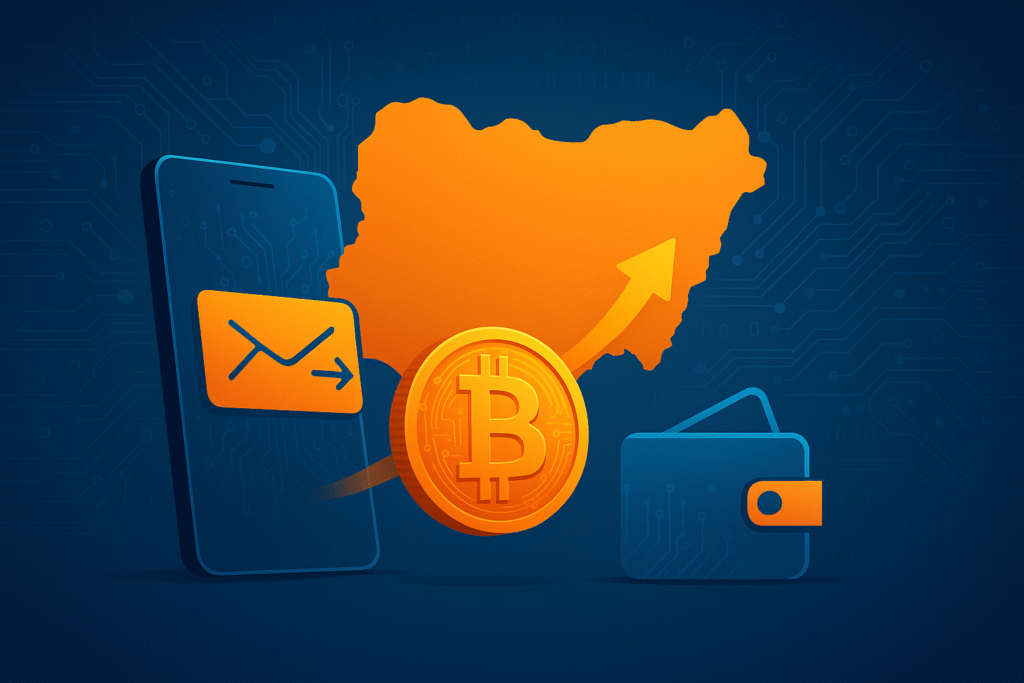The fintech impact on remittances to Nigeria is no longer a quiet revolution—it’s a full-blown transformation reshaping how millions of Nigerians abroad send money home.
Traditional banks and old-school money transfer services have long charged sky-high fees and kept families waiting. Today, fintech startups are smashing these barriers, creating new pathways for faster, cheaper, and smarter remittance solutions.
This transformation is a lifeline for families and the Nigerian economy, which relies on these funds as a critical income source. If you or someone you know sends money home, understanding the fintech impact on remittances to Nigeria isn’t just interesting—it’s essential.
Why the Fintech Impact on Remittances to Nigeria Matters More Than Ever
Remittances from the diaspora contribute about 4% of Nigeria’s GDP and directly support millions of families with essentials like education, healthcare, and housing. However, old money transfer models were costly and slow, often eating up 5-10% of the funds in fees alone.
With fintech innovations, this landscape is rapidly changing.
1. Faster, Cheaper Transfers Thanks to Fintech Impact on Remittances to Nigeria
Companies like Azimo and Flutterwave have introduced low-cost transfer options that dramatically reduce fees—some as low as £1—and enable near-instant transfers via mobile apps. This means your family gets more money, faster.
2. Fintech Impact on Remittances to Nigeria Brings Innovative Payment Models
Blockchain-based platforms like SureRemit enable sending vouchers redeemable for goods or services, reducing fraud and ensuring money is spent where it’s needed most.
3. Building Financial Inclusion with Fintech
With startups like SympliFi, diaspora Nigerians can guarantee loans for families back home, helping recipients build credit and access formal financial services. This is a breakthrough in promoting long-term financial security.
4. Overcoming Challenges in the Fintech Impact on Remittances to Nigeria
Despite these advances, many Nigerians still use informal hawala networks due to trust and accessibility issues. Regulatory challenges and limited smartphone penetration also restrict fintech’s reach.
5. Government Support Amplifies the Fintech Impact on Remittances to Nigeria
The Nigerian government is encouraging fintech through policies and initiatives like diaspora bonds and a $10 billion diaspora fund, aiming to formalize remittance inflows and boost investment in national development.
6. What Does the Fintech Impact on Remittances to Nigeria Mean for You?
It means faster, cheaper, and safer money transfers, empowering families to invest in their future rather than just survive. It’s time to stop paying unnecessary fees and embrace digital solutions.
7. Embrace the Fintech Future of Remittances Today
If you’re still relying on old transfer methods, you risk losing hard-earned money. The fintech impact on remittances to Nigeria is here—don’t get left behind. Explore trusted fintech options and make every naira.
Additional Resources:
- Learn more about remittance statistics and trends from the World Bank Remittance Report
- Explore CBN’s guidelines on remittances for regulatory insights
- Check out our guide on How to Send Money to Nigeria Safely
- Read about Top Fintech Startups Revolutionizing Nigeria’s Economy
The fintech revolution in remittances isn’t just hype—it’s real money saved, time gained, and opportunities created. Share this post with your Nigerian diaspora network today, and let’s build a stronger financial future .


